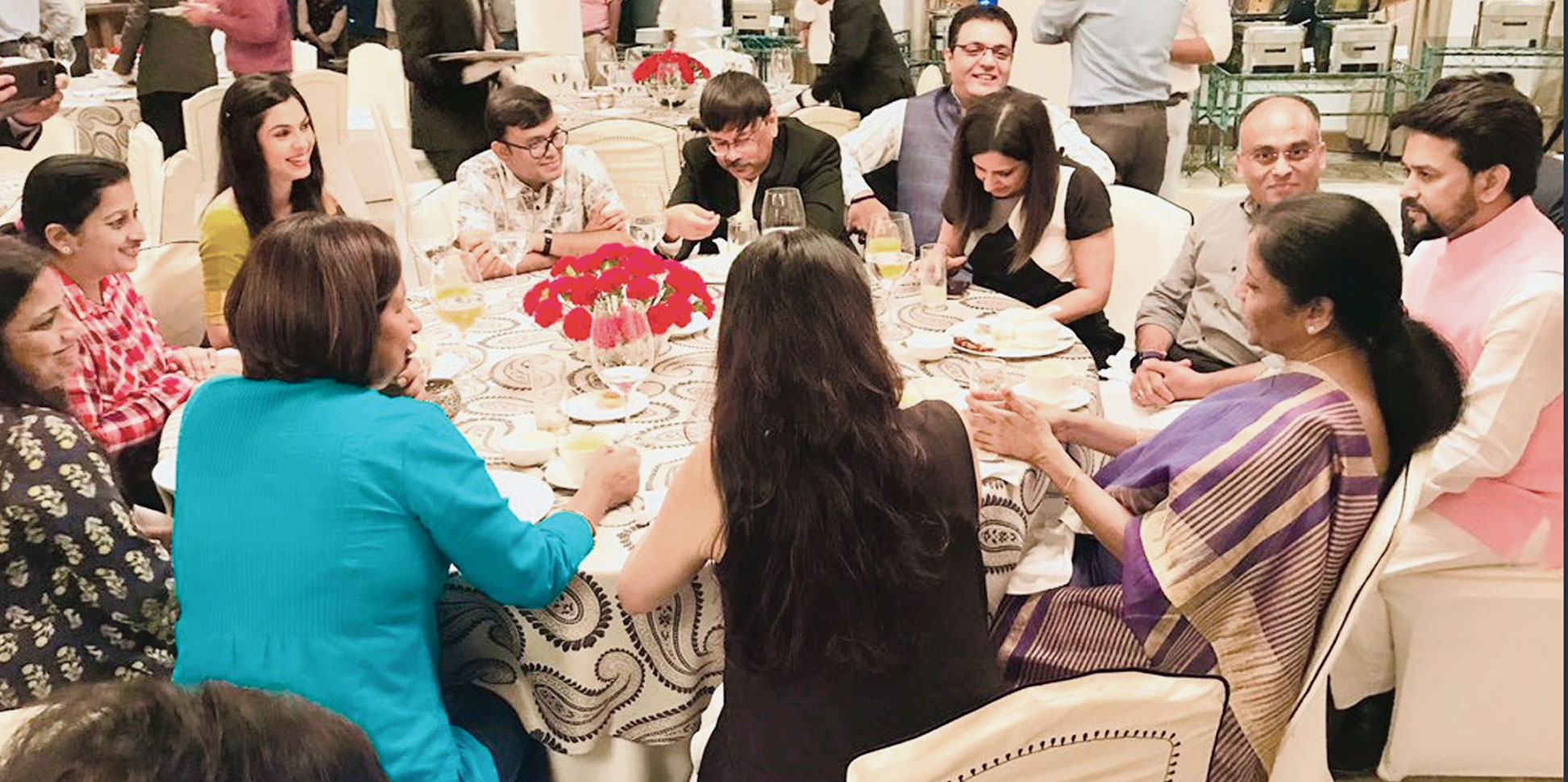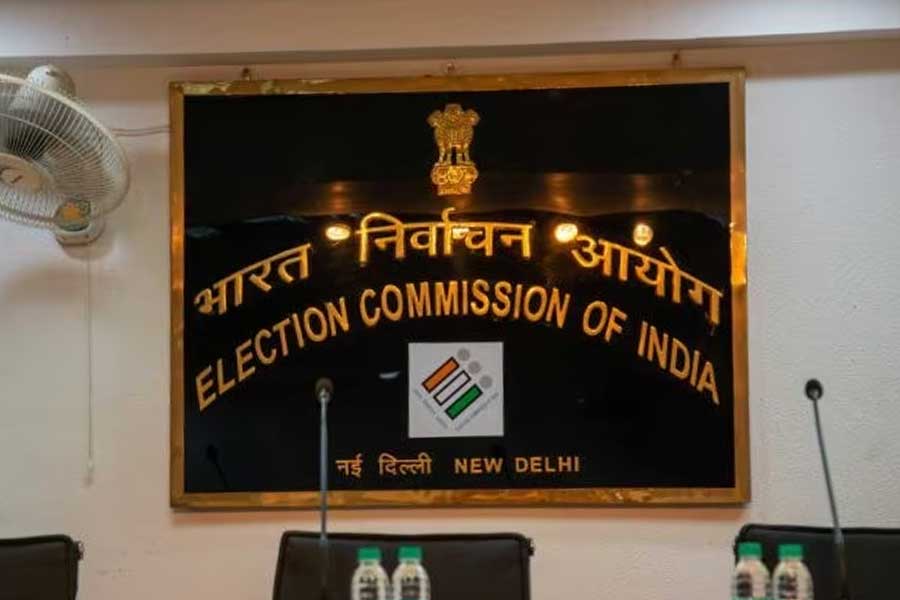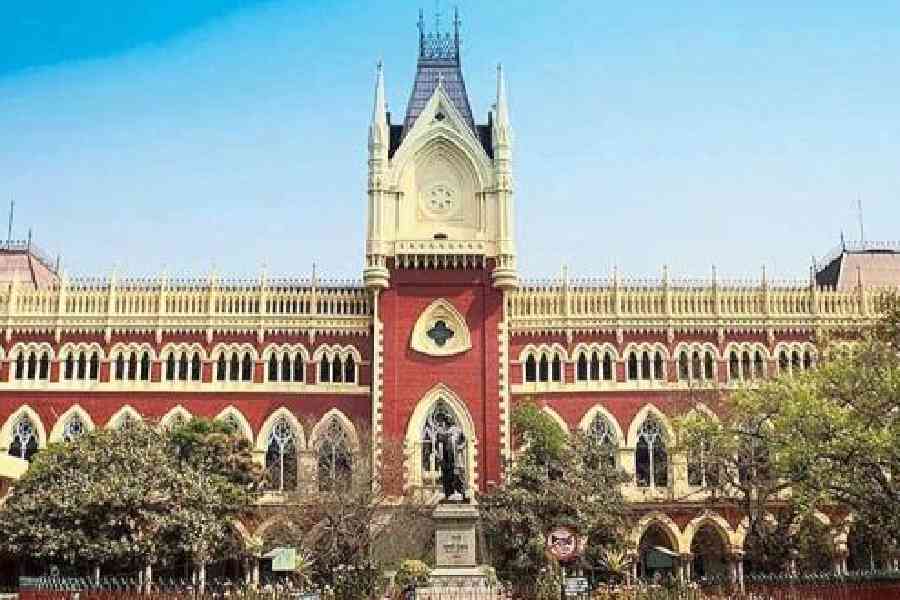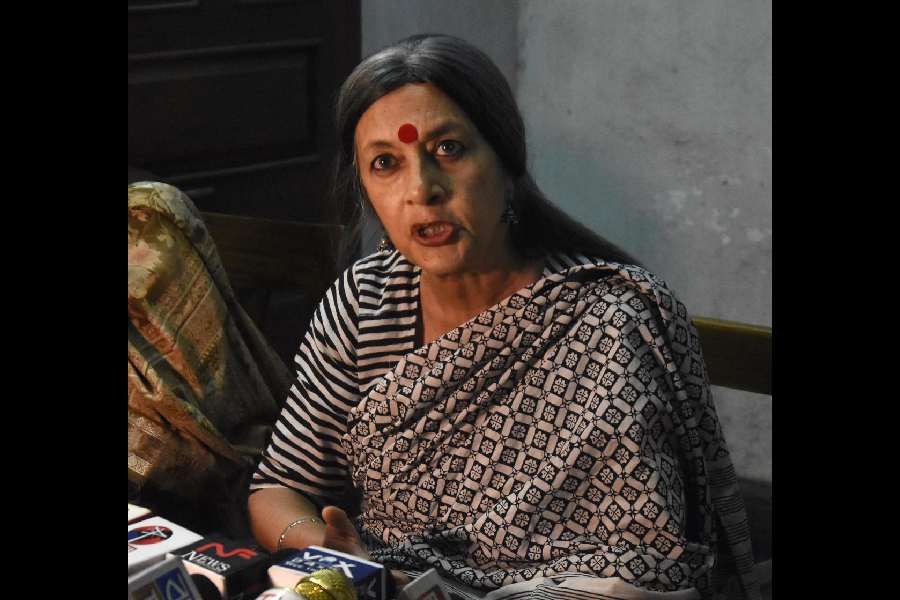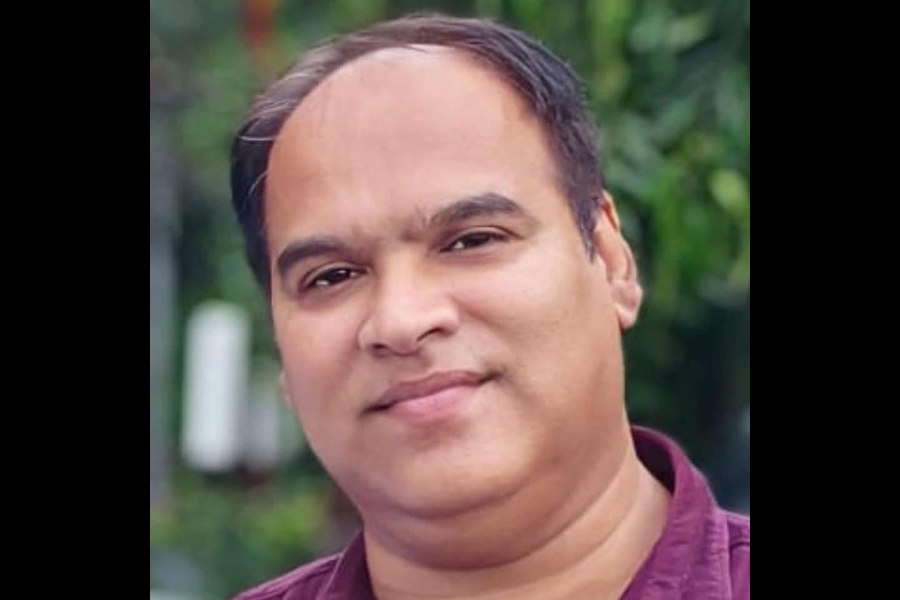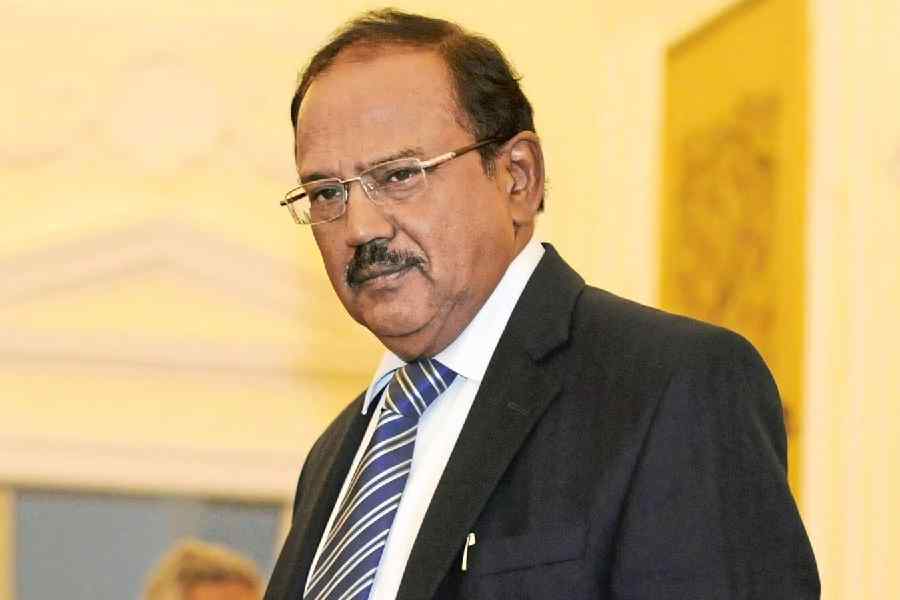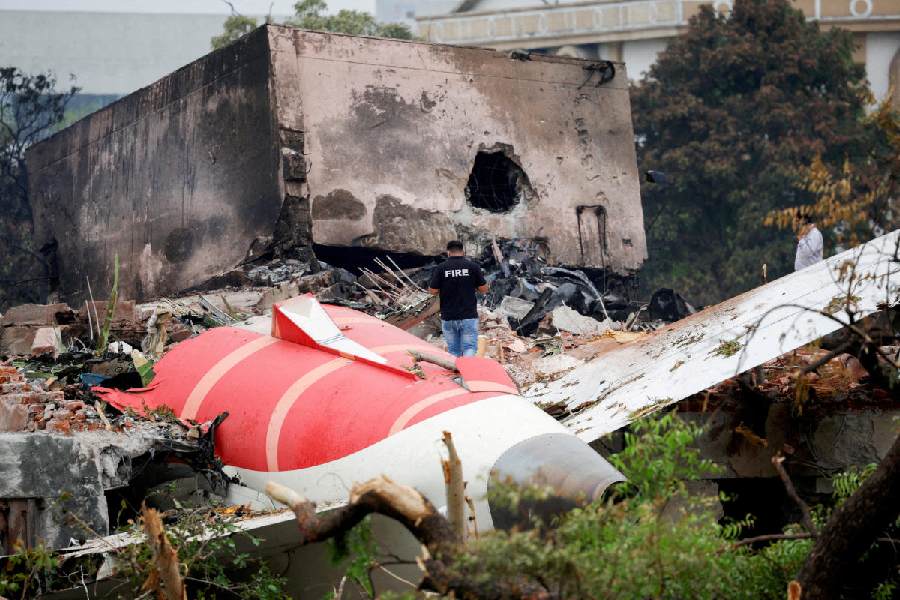The rite of the Union budget ends with a celebratory dinner: usually a chin-wagging session where editors and beat reporters clink a glass of wine and share a joke or an anecdote with the finance minister and the close cabal of officials involved in the gruelling exercise.
The budget is done and dusted; everyone has pored over the minutiae of the budget documents, gleaned the facts, mashed the numbers, and informed readers about the government’s intent and how the new tax proposals will hurt their pockets.
But this time, the bonhomie at the dinner organised by the finance ministry at the Longchamps — the rooftop restaurant of the Taj Mahal Palace on Lodhi Road — was marred by a boycott by several journalists who cover the ministry to protest against Nirmala Sitharaman’s so-called “gag order” on the media.
Reporters with government accreditation have been accorded the “privilege” to hang around the corridors of the ministry, button-hole ministry officials to clarify an issue and seek answers to questions on a particular topic.
That “privilege” disappears in the weeks before the budget when the ministry is “quarantined” to ensure complete secrecy. The restrictions come off after the budget is presented.
Sitharaman has refused to lift the restrictions — and doggedly resisted pressure from the media to restore the privilege that reporters insist on in order to be able to “break” stories of public interest. The minister has now ordered that reporters will not have any access to the ministry unless they have a prior appointment — which enables the ministry to cherry pick who gets access and who doesn’t.
When news of the boycott spread, the ministry started to reach out to editors of prominent newspapers and TV channels to try and persuade them to come to the do and break ranks with the rank-and-file scribes who were adamant they wouldn’t go for the event.
Some journalists, who did not attend the dinner, said they were not in principle in favour of the boycott but chose not to attend as it was not a mandatory part of their journalistic role.
Another section of journalists said a strong editorial in a prominent daily on the media restrictions imposed by the finance ministry had sent across the message. A boycott, at least one senior journalist claimed, smacked of “unionbazi”.
The Editors Guild of India had condemned the reporting restrictions as a “gag on media freedom”. “This order is a gag on media freedoms and can even result in a further fall in India’s global press freedom rankings, especially as the contagion can easily spread to other ministries as well,” the Guild had said.
Shekhar Gupta, the Guild’s president, had tweeted his personal opinion on July 12: ”Journalistic boycotts are a terrible idea. Curbs on access to North Block is a serious issue & needs institutional engagement, not a peevish one. Journalists have a thick skin & sharp minds. Boycotts aren’t journalistic. My personal view, of course.”
The Twitter account of Sitharaman’s office was quick to grab the opportunity to drive a wedge in the media ranks by tweeting photos of the senior editors who attended the dinner. However, journalists who have attended such dinners in the past said the photos clearly reveal how poorly attended the event really was.
Sitharaman’s office has argued in favour of access restrictions on the media, claiming that the new procedure was necessary for “streamlining and facilitating the entry of media persons inside the Ministry of Finance, North Block”.
The beat correspondents have said they will continue to attend press conferences and briefings by the ministry even as they push for a rollback of the restrictions.
Some ministry officials have said they do not like the idea of journalists prowling the ministry’s corridors and do not wish to be accosted whenever they step out of their rooms. They have claimed that they do not enjoy the prospect of fighting their way through a scrum of reporters and it only increases their work pressure.
But the truth is that the Modi government doesn’t encourage officials to speak with reporters unless officially cleared to do so. And the unwritten rule has made bureaucrats scared about being identified as a source of a media leak.
While deciding to boycott the dinner, the beat reporters have demanded the restoration of the pre-quarantine status quo for journalists; free access to the ministry for PIB-accredited journalists as has been the practice; and the allotment of a proper room for journalists covering the ministry inside North Block instead of the current, improvised corridor outside.
They have also refused to accept the proposal of a daily briefing by the finance ministry in lieu of restricted access.
The PIB card, issued to journalist on the recommendation of media organisations and after due security clearance, allows access to all ministries and government buildings barring that of intelligence and investigative agencies, the PMO, and sections of the defence and external affairs ministries.

